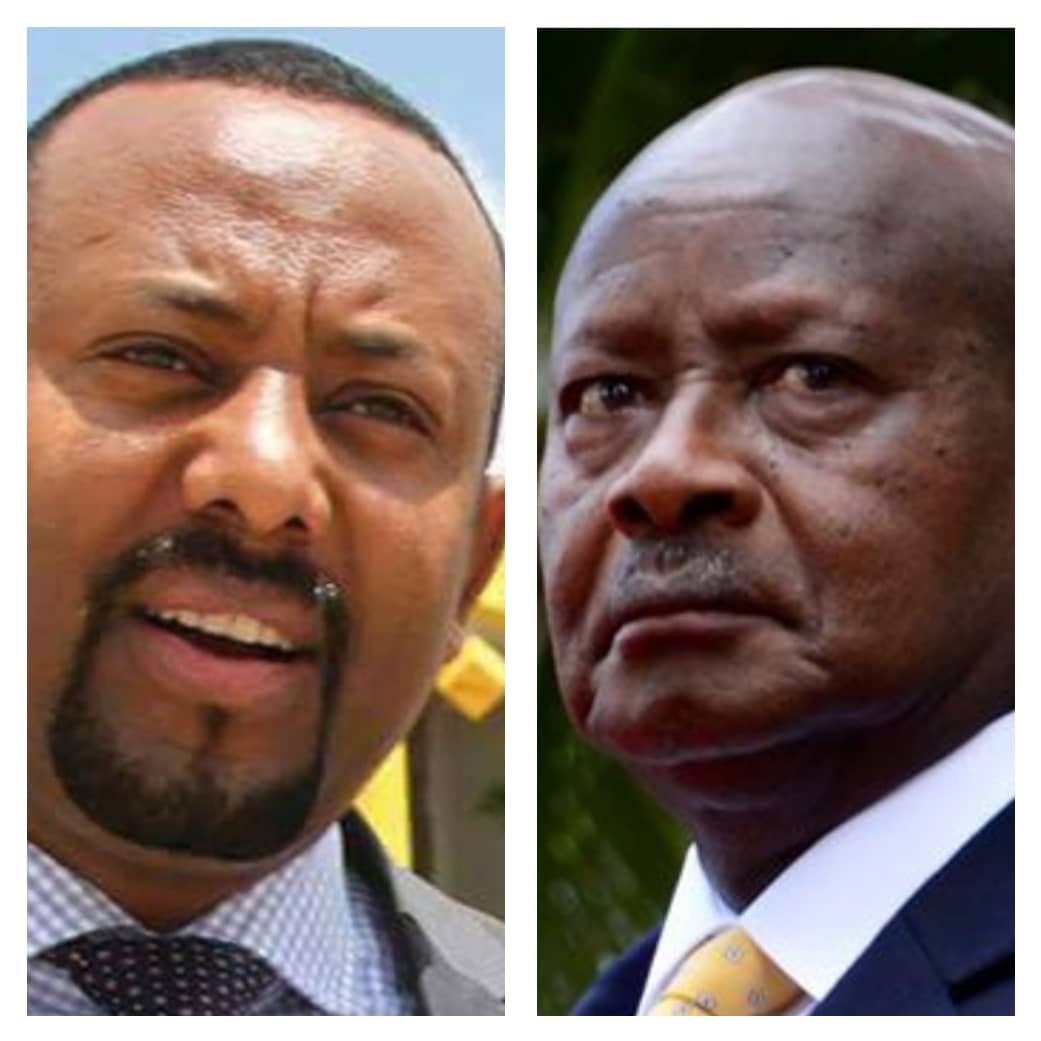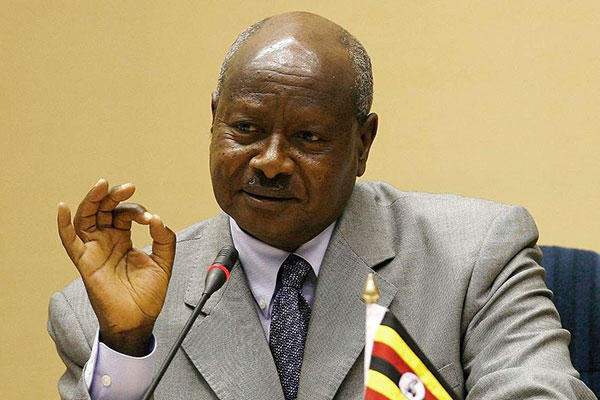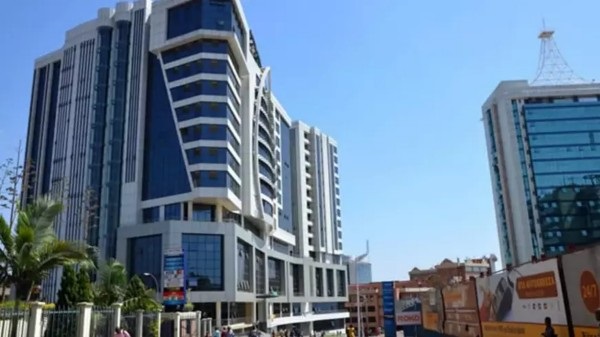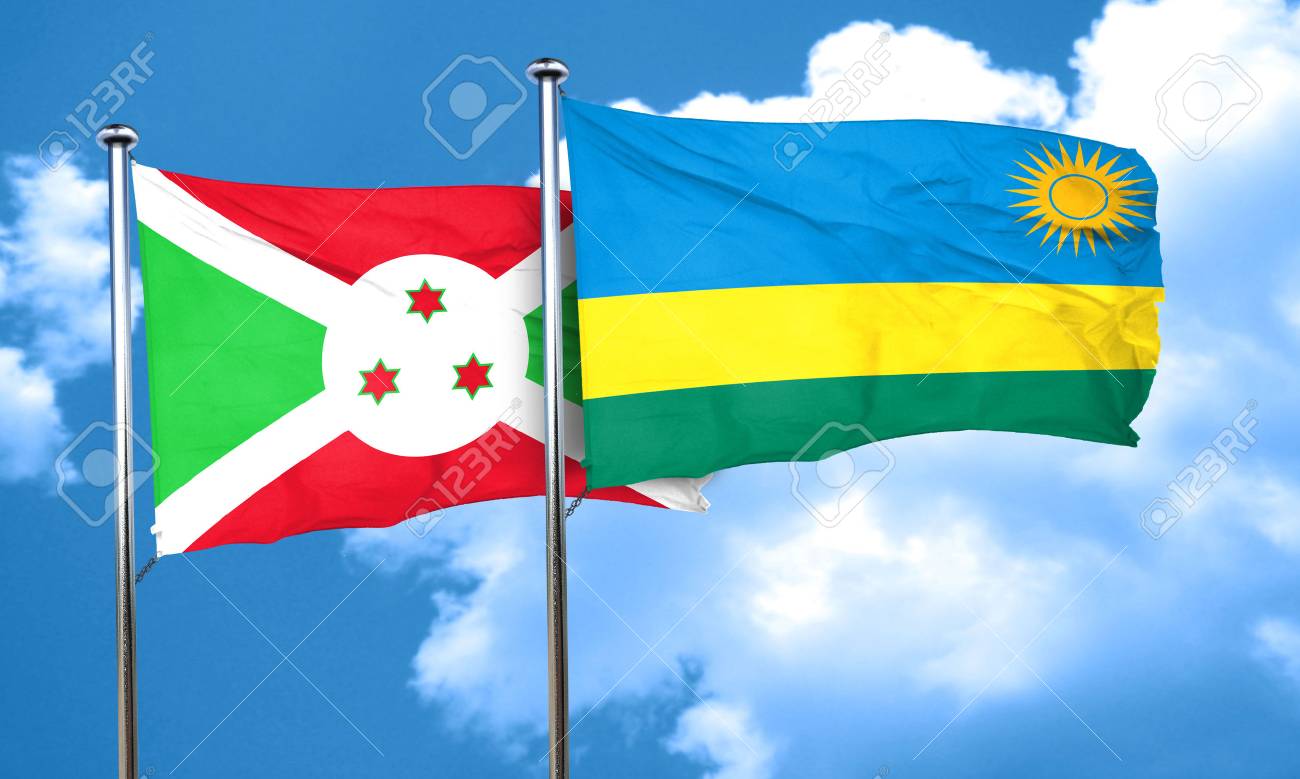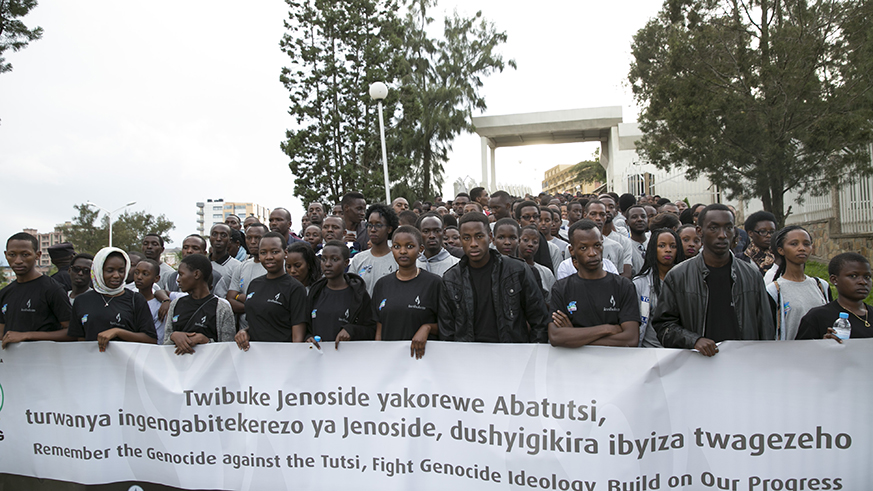Regional
Who is dragging Rwanda in M23 attacks in DRC?
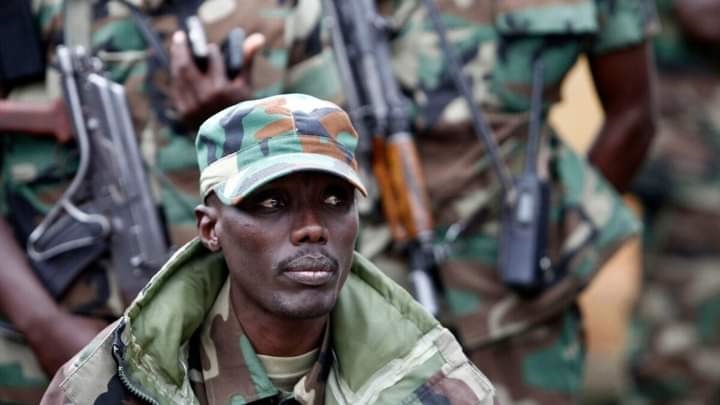
On
Sunday, November 7, an armed group attacked military positions in the
localities of Chanzu and Runyonyi, in North Kivu Province, in the east of the
Democratic Republic of Congo.
According
to the Armed Forces of the Democratic Republic of the Congo (FARDC), the M23, a
group of former rebels of the National Congress for the Defense of the People
(CNDP), attacked villages near the border with Uganda and Rwanda.
The
group’s name, M23, came from the March 23, 2009, agreement between the CNDP and
the Congolese government, which M23 leaders claimed had not been respected by
the government.
The
latest attack came amid mounting violence in the provinces of North Kivu and
Ituri, where armed groups like the Allied Democratic Forces (ADF) are active. The
Congolese army’s Chief of Staff Celestin Mbala Munsense said that the M23
attacked, “with the intention of carrying out destabilizing actions.” Although
the group's leader, Bertrand Bisimwa, denied that his men had launched such an
attack in the region, he admitted that the M23 have been in the Rutshuru region
since 2017.
Immediately
after the attack, a Ugandan blog CommandPost UG, run by the Chieftaincy of
Military Intelligence (CMI) operatives claimed that, “according to sources
inside Congolese army, FADRC, the M23 rebels crossed the border from Rwanda and
attacked Bikoro and Mbizi in Jomba.”
No
evidence was given for the allegation. But, of late, it has become a regular
habit for Uganda to use Rwanda as a scape goat for all its failed schemes and
operations, both in Uganda and DRC.
Contrary
to claims by some in Kampala, Rwanda enjoys good collaboration with the DRC. The
governments in Kigali and Kinshasa in the recent past agreed on joint
operations to wipe out armed rebel groups in eastern DRC. These armed groups
include the FDLR and RNC, terrorist groups from Rwanda.
The
military commander of M23, Col. Sultan Makenga, and the group’s political
leader or president, Bertrand Bisimwa, have lived in Uganda ever since the
rebel group disintegrated.
The
group’s political and command structure which can plan and execute attacks such
as the one of Sunday would only come from Uganda, not Rwanda. The Rwanda Defence Force on November 9 issued
a statement which clarified that it is neither involved in nor supports any
activities of the ex-M23 armed group.
“The
ex-M23 group in question did not seek refuge in Rwanda during their retreat
from DRC in 2013, but has been based in Uganda, from where this attack
originated, and to where the armed group retreated,” the statement read.
According
to Gen. Munsense, the resurgence of the M23 rebellion came at a time when DRC,
“is engaging with neighboring countries for the normalization of relations in
order to improve the security situation in the sub-region for lasting peace and
harmonious development of our countries.”
Rwanda
and DRC are interested in finding lasting solutions to the insecurity in the
huge neighbour’s eastern region. But it is not good news for Uganda which has
used the insecurity as an opportunity to carry out illicit trade and plunder
DRC resources.
The
International Court of Justice in The Hague in the past ordered Uganda to pay
DRC $10 billion as compensation for the violations by Uganda’s military
committed between 1997 and 2003.
In
September 2019, the armies of DRC, Rwanda, Uganda, Burundi and Tanzania met in
the border town of Goma and agreed on
intelligence sharing on cross-border terrorism so that those involved can be
tracked and apprehended.
Apart
from Museveni who, apparently, does not want peace to return to eastern DRC for
his monetary benefits, former Congolese President Joseph Kabila’s allies also
are not happy with the return of peace in eastern DRC because they wish to use
the violence there as a political campaign ticket against the government of
President Felix Tshisekedi.


